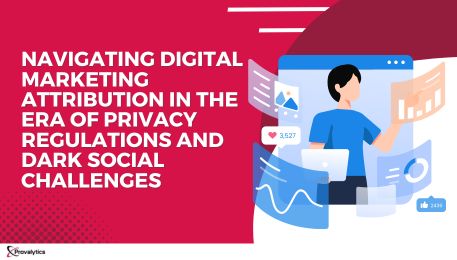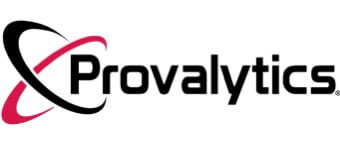Navigating Digital Marketing Attribution in the Era of Privacy Regulations and Dark Social Challenges
In the realm of digital marketing, pinpointing the origins of your leads and sales, and accurately assigning them to specific marketing initiatives is more crucial than ever. The technique known as attribution tracking assigns credit to the various interactions or touchpoints a customer encounters before making a purchase. Yet, with the landscape of privacy rules and cookie policies in constant flux, tracking these interactions reliably is becoming increasingly challenging.

🚀 Yes, I Want The 2024 Playbook!
Deciphering Attribution Tracking in Today’s Digital Marketing
Among the models of attribution tracking are the last click, first click, and multi-touch attribution. The last click model attributes the sale to the final touchpoint before a purchase, while the first click gives credit to the initial interaction that starts the customer on their path to purchase. Multi-touch attribution, conversely, aims to allocate credit more evenly across all touchpoints a customer encounters on their journey to a purchase.
Although not all CRM platforms are equipped for attribution tracking, third-party solutions like WhatConverts offer assistance by delineating the customer’s journey to highlight effective marketing channels contributing to lead or conversion growth. Attribution is vital as it enables marketers to identify which strategies are actually driving conversions.
Multi-Touch Attribution Amid Rising Privacy Regulations and Dark Social
The Challenges of Tracking Attribution: The Impact of “Dark Social” and Privacy Laws As privacy laws grow stricter, the ability to track online activities through traditional means, such as third-party cookies, is diminishing. The concept of “dark social,” as introduced by Chris Walker of Refined Labs, highlights a significant gap in attribution tracking. It refers to untraceable interactions that influence purchasing decisions, such as word-of-mouth mentions, content shares within private channels, or discussions happening offline—activities that traditional attribution software can’t capture.
These “dark social” interactions often play a crucial role in influencing a buyer’s decision, yet they’re frequently attributed to generic categories like organic search or direct traffic inaccurately.
Despite these obstacles, attribution tracking remains a cornerstone of effective digital marketing. By leveraging multi-touch attribution models and external tools, marketers can dissect the customer journey, identifying potent channels that significantly contribute to converting leads and prospects into sales.
How does the rise of privacy regulations affect attribution tracking?
The tightening of privacy laws and the phase-out of third-party cookies are making it increasingly difficult to track online activities and accurately attribute sales to specific marketing efforts. These changes hinder the ability of marketers to follow the digital footprints of their prospects across the web, complicating the attribution tracking process.
What is "dark social," and why is it significant in attribution tracking?
“Dark social” refers to the social sharing and interactions that occur in private digital spaces, such as messaging apps, emails, or offline conversations, that are not trackable by traditional attribution software. Introduced by Chris Walker of Refined Labs, this concept highlights a significant gap in attribution tracking, as these untraceable interactions often have a crucial influence on purchasing decisions but are inaccurately attributed to more general categories like organic search or direct traffic.
Can attribution tracking still be effective in the current digital marketing landscape?
Yes, despite the challenges posed by privacy regulations and dark social, attribution tracking remains an essential aspect of digital marketing. By employing multi-touch attribution models and utilizing third-party tools like WhatConverts, marketers can gain insights into the effectiveness of various channels and strategies in the customer journey. These tools help marketers navigate the complexities of the current landscape, allowing them to identify and leverage the touchpoints that significantly contribute to converting leads and prospects into sales.

